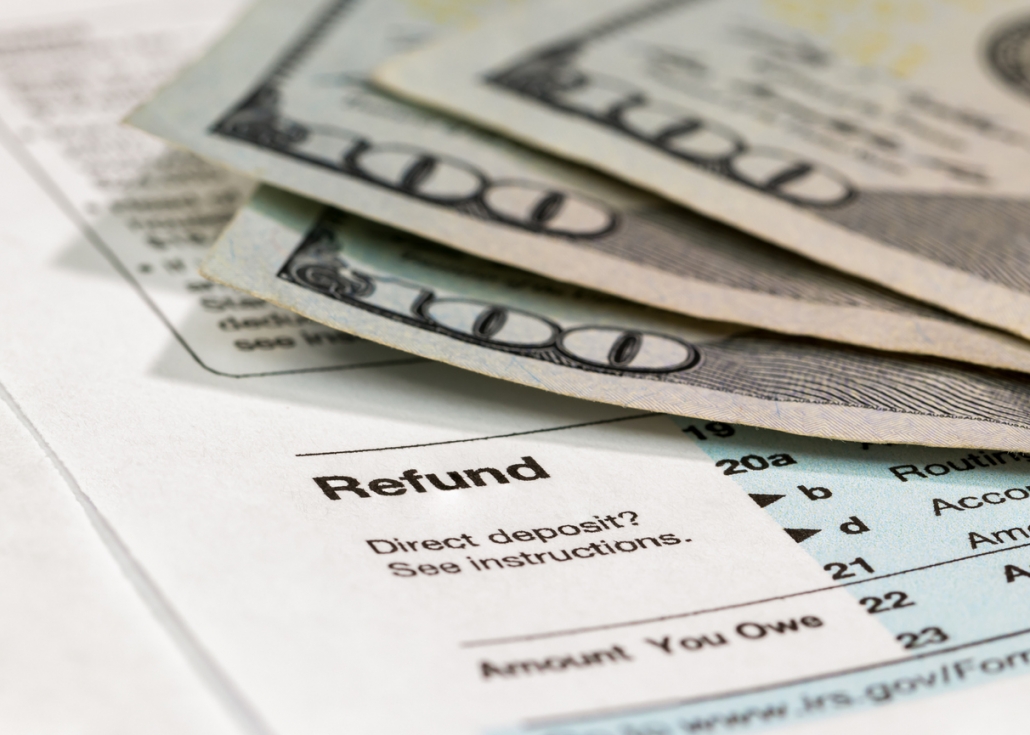Posts Tagged ‘tax refund’
Examining the Delayed Tax Refunds of 2020
COVID-19 caused a delay in the tax return filing deadline, giving taxpayers extra time during this uncertain economic time. But the IRS still hadn’t processed millions of returns by October. The IRS responded to the COVID-19 pandemic by extending the deadline for tax filing in 2020. Many welcomed the grace period in a year that…
Read MoreWhy Are So Many Tax Refunds Unclaimed?
More than a billion dollars is out there waiting to be claimed. Unfortunately, many businesses don’t know they may be entitled to a share of it Each year before tax time, the IRS announces the amount of unclaimed money it’s holding due to people not properly filing their tax returns. In early 2019, the IRS…
Read More

